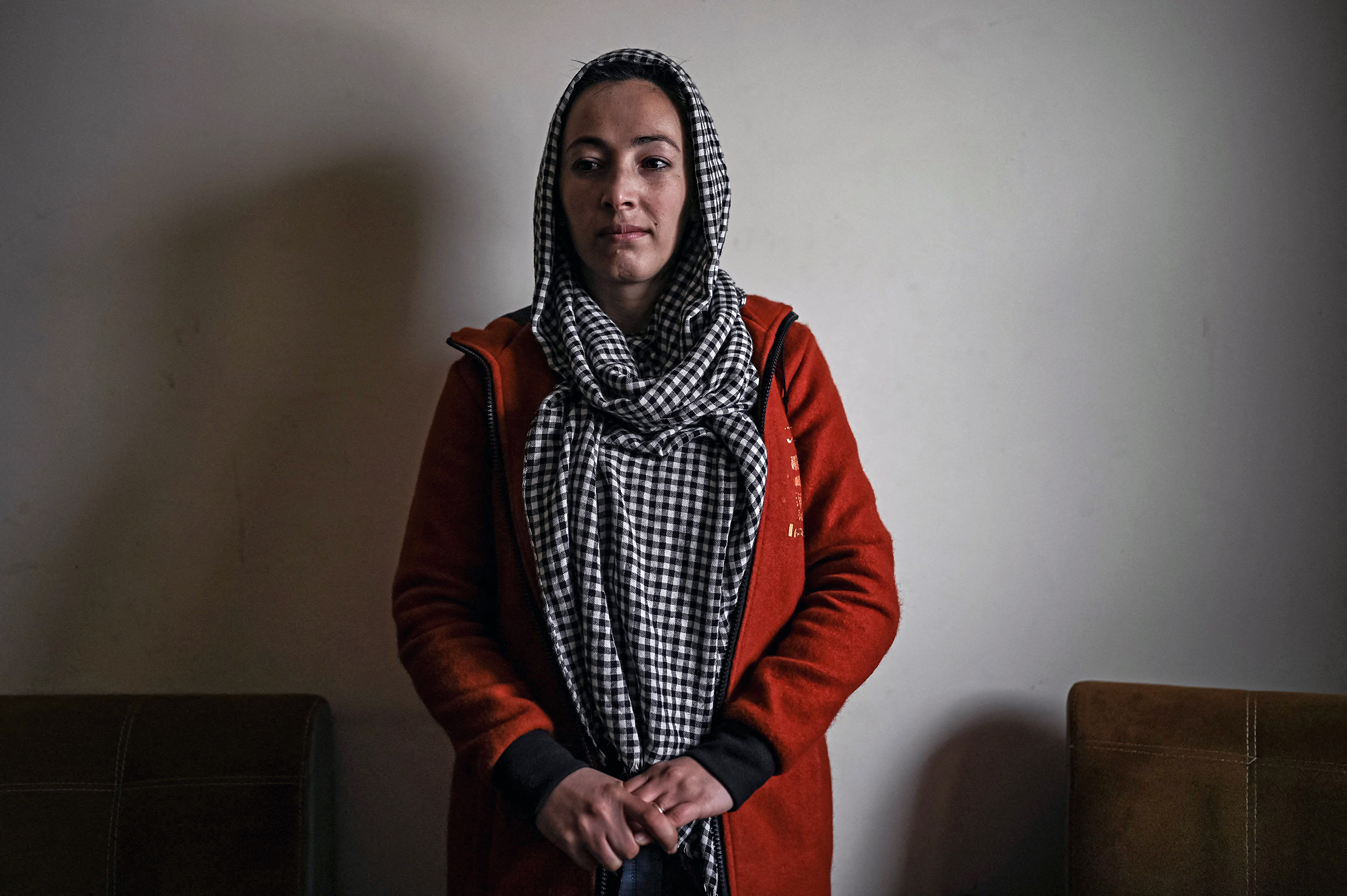When the U.S. first went to war in Afghanistan, its women and girls—barred from school, forced under burqas, and confined to home by the ruling Taliban—were a justification. Since the U.S. withdrew, they are an inconvenient truth. Hoda Khamosh exemplifies the generation that grew up in the interregnum, living evidence that if an occupying power cannot build a nation, it can at least nurture the citizens who would. Before the Taliban returned, Khamosh visited schools to promote empowerment and broke taboos around women’s health issues. She wrote poetry, and spoke of running for President. After Kabul fell, Khamosh risked arrest among the many brave women publicly demanding their rights. She was invited to be part of a group of women activists to take part in a conference in Oslo with the Taliban. She used the opportunity to tell the Taliban Foreign Minister to order the release of two detained colleagues. “I feel their pain with my bones thousands of kilometers away,” she said, “and hear their groaning under the torture of the Taliban.” Aware that her actions would likely prevent returning safely to Afghanistan, Khamosh used her voice and opportunity to name the plight of those who don’t have either.
Vick is a TIME editor at large
- Donald Trump Is TIME's 2024 Person of the Year
- Why We Chose Trump as Person of the Year
- Is Intermittent Fasting Good or Bad for You?
- The 100 Must-Read Books of 2024
- The 20 Best Christmas TV Episodes
- Column: If Optimism Feels Ridiculous Now, Try Hope
- The Future of Climate Action Is Trade Policy
- Merle Bombardieri Is Helping People Make the Baby Decision
